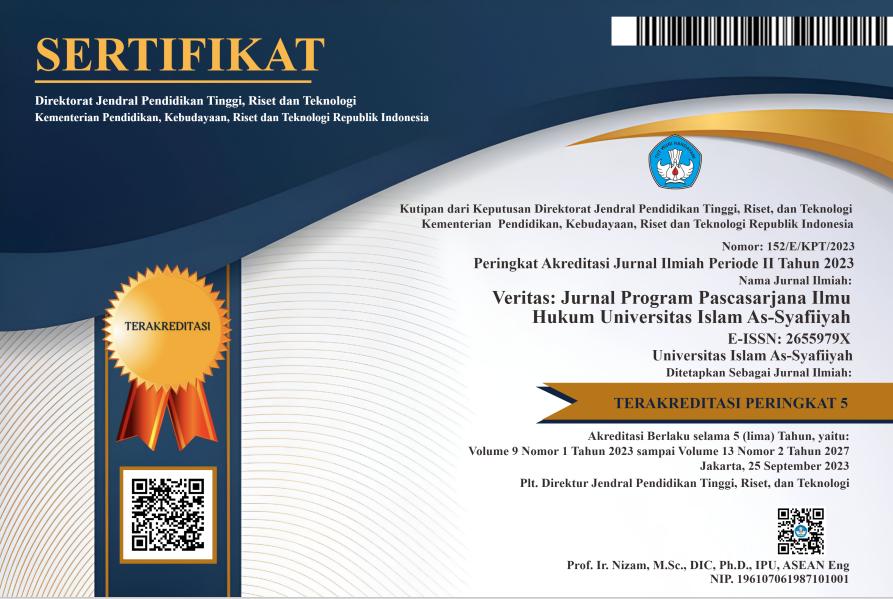TRACKING THE LINKAGE BETWEEN MIGRATION AND GLOBAL TERRORISM IN HANDLING OF IRREGULAR TRANSNATIONAL MOVEMENTS
Connecting Ummah and Nationality in Refugee’s Protection in Indonesia
Abstract
The movement of peoples in today’s refugees problems is more complicated than the
phenomena of refugees in pre 21st century or the era of world war I and II, which were
land borders and identities unified by the terms of nation-state, defining the citizens and
aliens through the solid model of nationality. In contemporary refugees discourse, the
problems of unwanted forced migration not only covering the protection of people by
supplying their standard of living as an effect of displacement peoples living out of their
countries, but also facing new variables of problem, including economic and ideological
factors that became their motives of migration. More than half of all current refugees in the
world come from many states of Muslim countries as a consequence of war and conflicts
that still lasted for more than decades. The conception of Ummah in Islam doctrine of
society encourage all Muslims in the world to take a part of responsibility sharing the
burden Muslims refugees condition, including receiving them to live and survive inside the
structure of society based on same faith and equal status before Allah the Creator, but in
many cases, this policy contradicted to the concept of nationality which based on nationstate
conception of identity and state sovereignty. Indonesia, country with largest Muslim
population in the world, has received mass influx of Muslim refugees during the recent
years.




